In Sunday’s Vienna election, the Austrian Freedom Party (FPO) could achieve a historic result. According to the first trend forecast by Peter Hajek and the Foresight Institute, the party secured around 23.5 percent support, landing in second place. This means that the FPÖ may have tripled its 2020 results, when it garnered just 7.1 percent following the severe fallout from the Ibiza scandal. The city is still expected to be led by the Social Democratic SPÖ, but their support has significantly declined to approximately 37 percent, marking their weakest showing since 1945. We asked Agoston Samuel Mraz, director of the Nezopont Institute, about the national implications of the election results and the FPO’s future prospects.
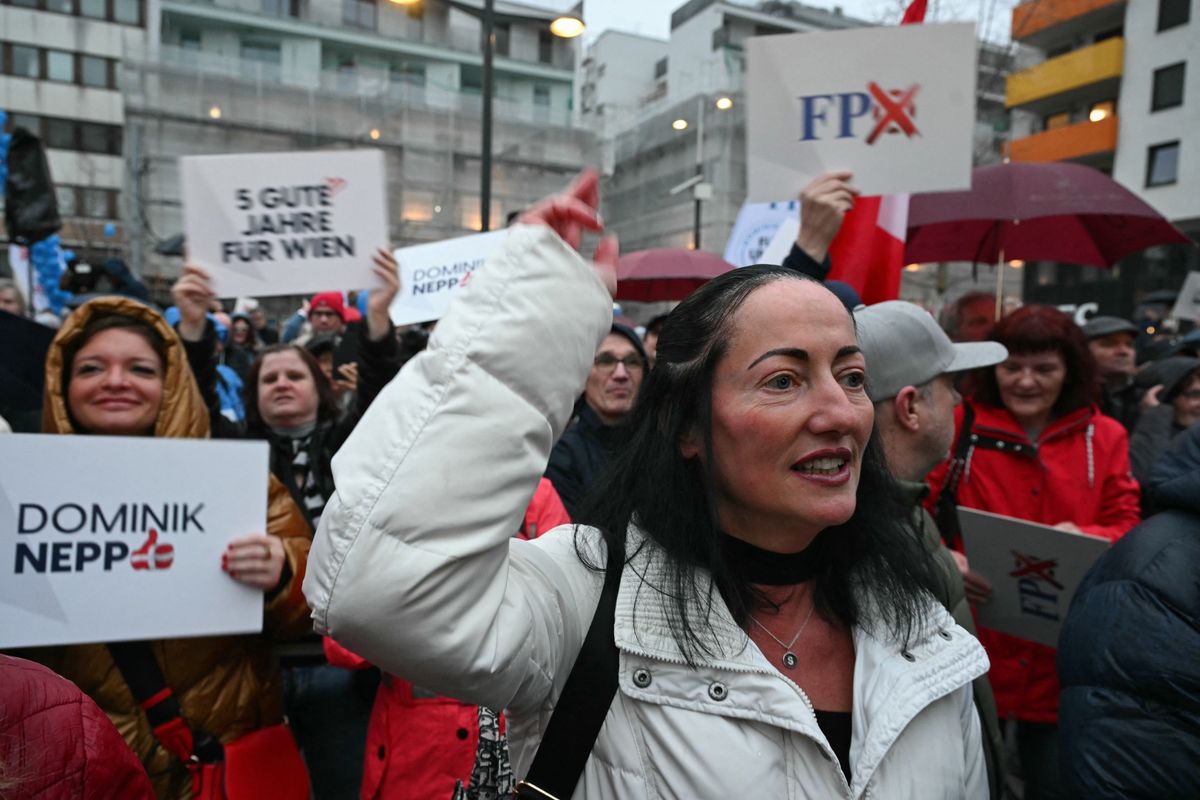
Vienna on the Verge of Major Changes
Speaking about the historic significance of the Vienna results, Agoston Samuel Mraz emphasized:
This is clearly a major success, given that the Freedom Party was seriously damaged by the Ibiza scandal. The result proves that they managed to recover and become strong again in a traditionally 'red' city like Vienna. The Freedom Party will be the mayor’s main opposition—or perhaps the only large, serious opposition.
According to the director, the strengthening of the FPO is due to several factos, including the composition of Vienna’s society and the consequences of migration:
If we look back at election history, the FPO has had good results in Vienna before, so this is not entirely unprecedented. It's the composition of Vienna’s society that we must emphasize here. Vienna is home to many working-class people and, historically, the working middle class has always been the Freedom Party’s base. Of course, we must also highlight the issue of migration, which has reached catastrophic levels in Vienna, and against which only the Freedom Party offers a firm, law-and-order stance.
Turning to the issue of migration, Mr. Mraz pointed out that the Freedom Party has not only strengthened at the city level:
– "By September 2024, during the parliamentary election, the Freedom Party has become the largest political party. It took a coalition of three defeated political forces to strip the FPO of its right to govern. Every poll since suggests that the Freedom Party has grown even stronger, easily surpassing 30 percent support. This is not only a political earthquake and complete transformation in Austrian politics but also sends a strong message to European politics, as the Freedom Party reinforces the patriots—and Hungary’s ruling party is among them," he said.
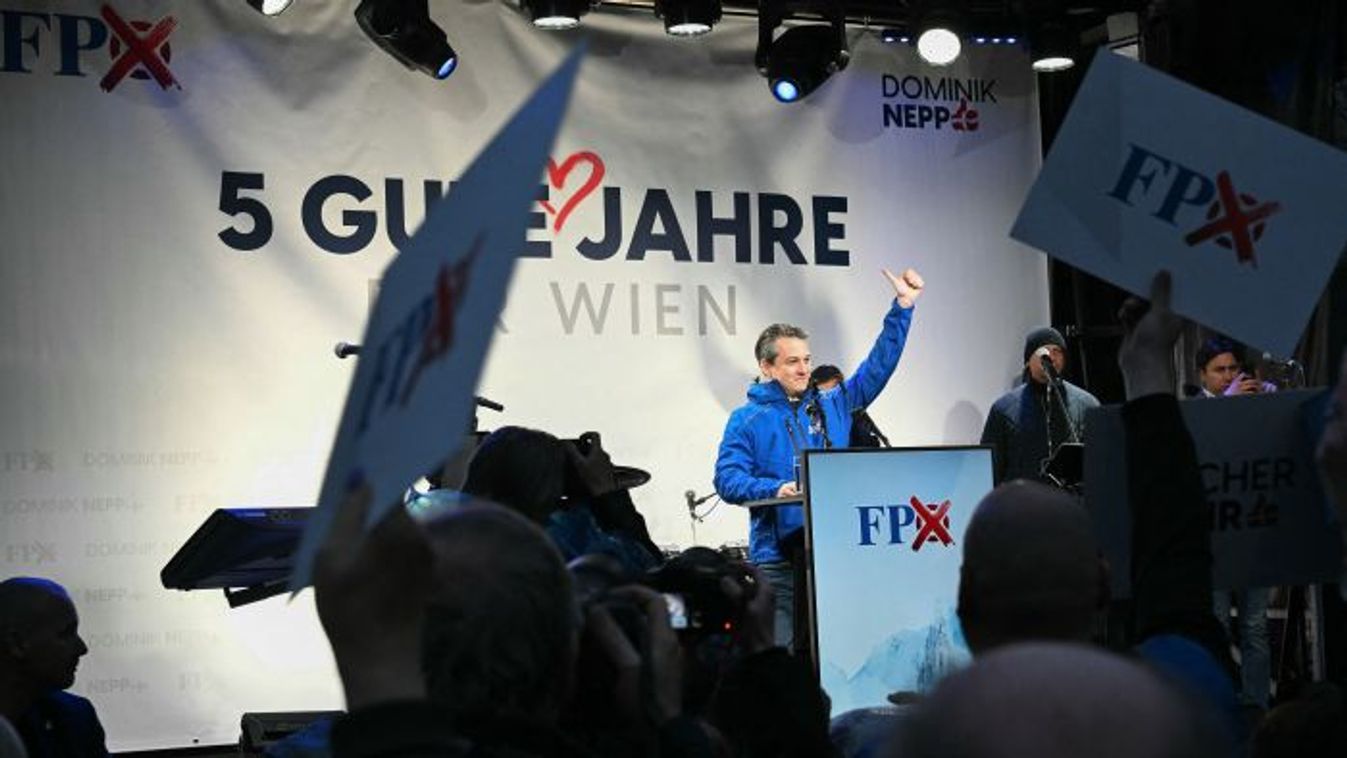
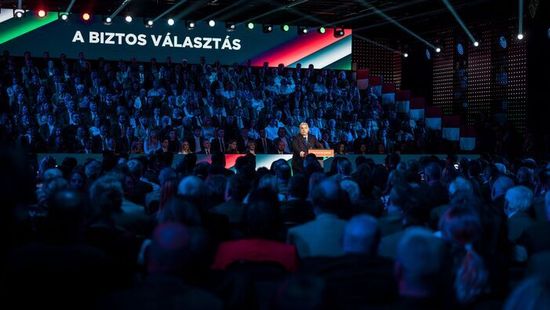
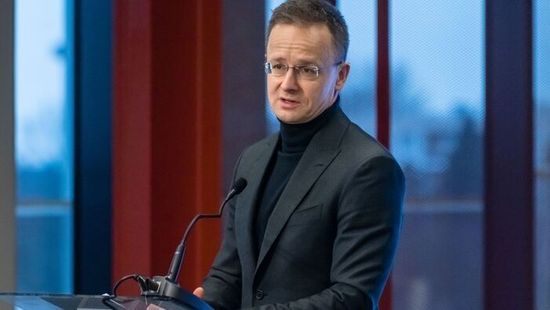
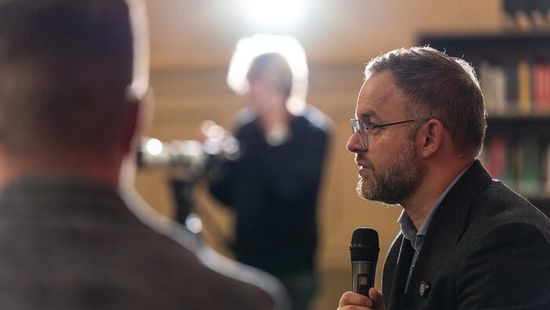
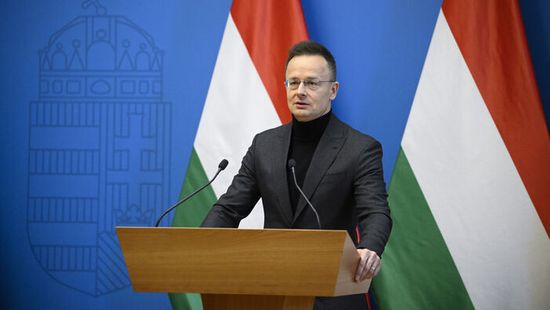


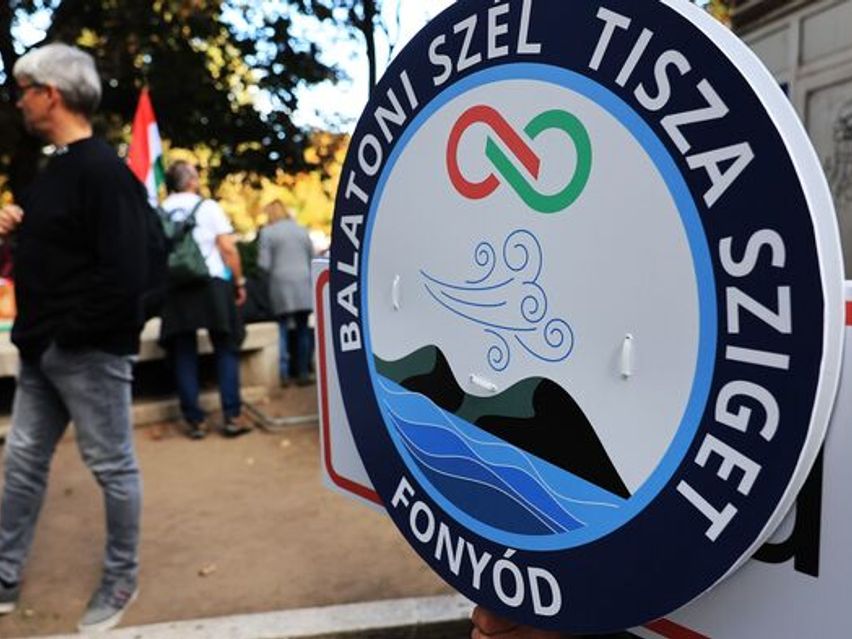



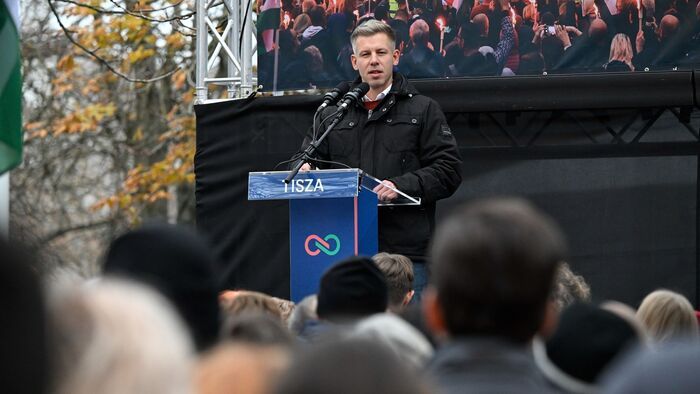
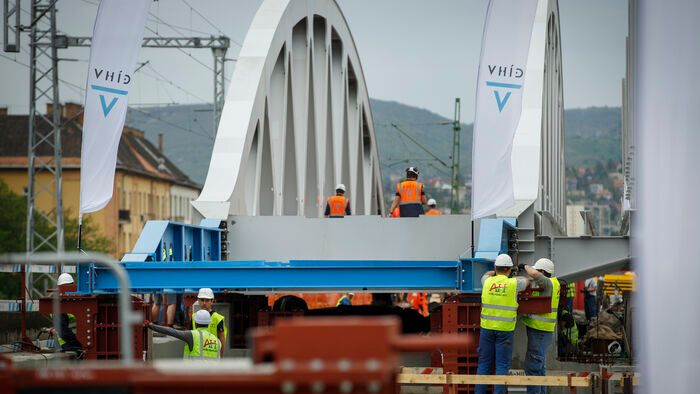


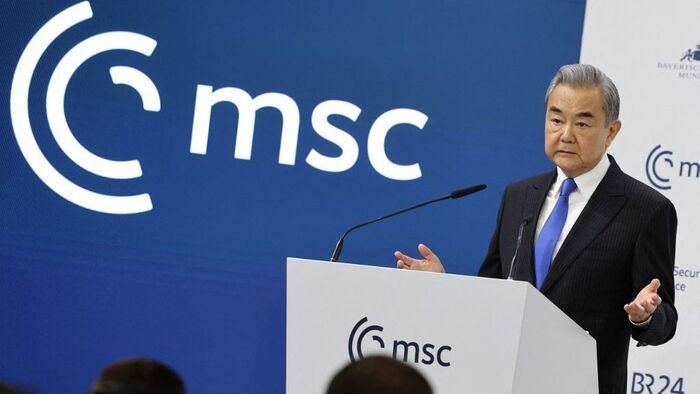
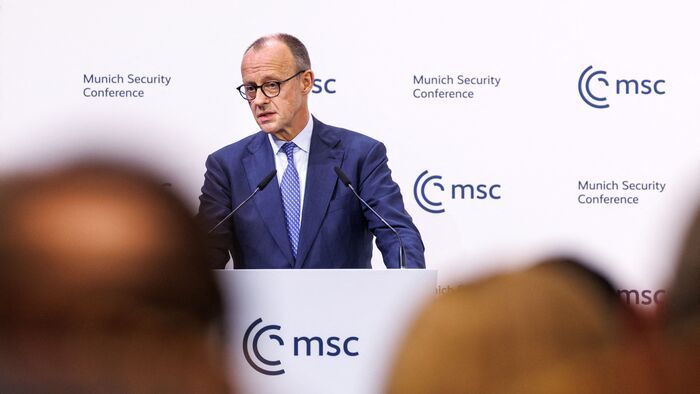






Szóljon hozzá!
Jelenleg csak a hozzászólások egy kis részét látja. Hozzászóláshoz és a további kommentek megtekintéséhez lépjen be, vagy regisztráljon!